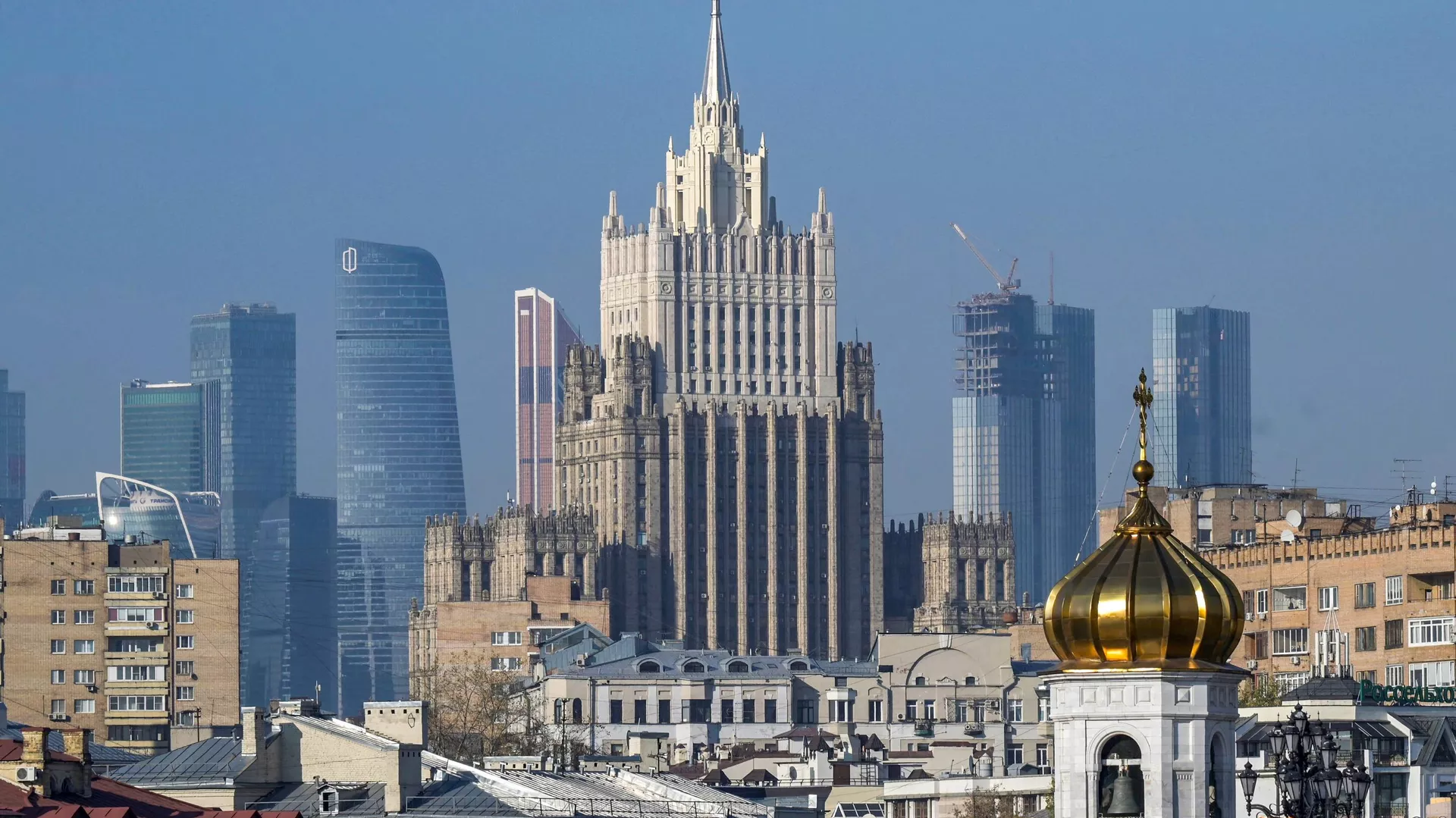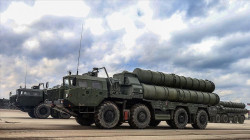Russian Foreign Ministry urges Russians to avoid traveling to the Middle East

Shafaq News/ The Russian Foreign Ministry strongly advises Russian citizens to avoid traveling to the Middle East region, particularly Israel, Lebanon, and the Palestinian territories, except in cases of extreme necessity.
"The tense situation in the Middle East region remains. The situation in the Palestinian-Israeli conflict zone, as well as in the Blue Line area between Lebanon and Israel, remains unstable. We strongly recommend that Russian citizens refrain from traveling to the region, especially to Israel, Lebanon, and the Palestinian territories, except in cases of extreme necessity," the Ministry spokeswoman Maria Zakharova told Sputnik.
She said that the security situation in Jordan is stable.
Countries in the region, along with the United States, have been on high alert after Tehran's threat to retaliate for the killing of Iranian generals on April 1 in an Israeli airstrike on its embassy in Damascus.
The attack resulted in the killing of Brig-Gen Mohammad Reza Zahedi, a leader in the Quds Force of the Islamic Revolutionary Guard Corps (IRGC), along with his deputy and 11 others.
On Wednesday, Iranian Supreme Leader Ayatollah Ali Khamenei renewed his threat to punish Israel for attacking the Iranian consulate compound in Syria.
Speaking at the Eid al-Fitr occasion, the Iranian top leader said, "The evil regime made a mistake and must be punished, and it will be punished."
He stated, "Consulates and embassies are considered sovereign territories of the countries they represent, so when they attacked the consulate, it was tantamount to attacking our own sovereign land."
Iranian President Ebrahim Raisi declared that the" cowardly crime will not go unanswered."
"Having failed to destroy the will of the resistance front, the Zionist regime [Israel] has put blind assassinations back on its agenda to save itself," he said.
Even Iranian proxies in the Middle East warned of the retaliation.
Hezbollah, the Iran-affiliated armed group that has been swapping attacks with Israel across the border with Lebanon since the start of Israel's war on Gaza, joined in, warning that the attack on the Iranian diplomatic premises "will not pass without the enemy receiving punishment and revenge price."
The Secretary-General of Hezbollah, Sayyid Hassan Nasrallah, stated that Israel's attack on Iran's consulate in Damascus signified a "turning point," indicating that an Iranian retaliation was "definitely coming."
"Be certain, be sure, that the Iranian response to the targeting of the consulate in Damascus is coming against Israel," Sayyid Nasrallah said in the televised speech marking Quds (Jerusalem) Day.
The head of Iraq's Popular Mobilization Forces (PMF), Abdul Aziz al-Mohammedawi, known by his nom de guerre "Abu Fadak," said that they are awaiting a decision from Iran's Supreme Leader Ayatollah Ali Khamenei on how to respond to the Israeli airstrike.
"What is happening now between all the resistance groups in Yemen, Iraq, Lebanon, Palestine, and also in the Islamic Republic of Iran is a declaration of the end of Israel," Abu Fadak told media outlets in Iran.
"We are waiting for the decision of the Iranian leader to see what's next and what the response will be to Israel's attack on the Iranian consulate in Damascus and the killing of some of the IRGC's commanders," he added.
Israel has not declared responsibility for the Syria attack. However, Israeli Defence Minister Yoav Gallant struck a defiant tone in comments made, albeit without mentioning Iran.
Israel is in a war on multiple fronts "both offensively and defensively," he told parliament's Defense and Foreign Affairs Committee.
"We operate everywhere, every day, in order to prevent our enemies from gaining strength and in order to make it clear to anyone who acts against us – all over the Middle East – that the price for action against Israel will be a heavy one."
The attack has further complicated the situation in the Middle East, where tension has been bubbling since the onset of the Gaza war in October.
Tehran has been trying to avoid a direct conflict with Israel while backing allies that have engaged with Israeli and US targets. However, it is feared that the latest incident could widen hostilities.





